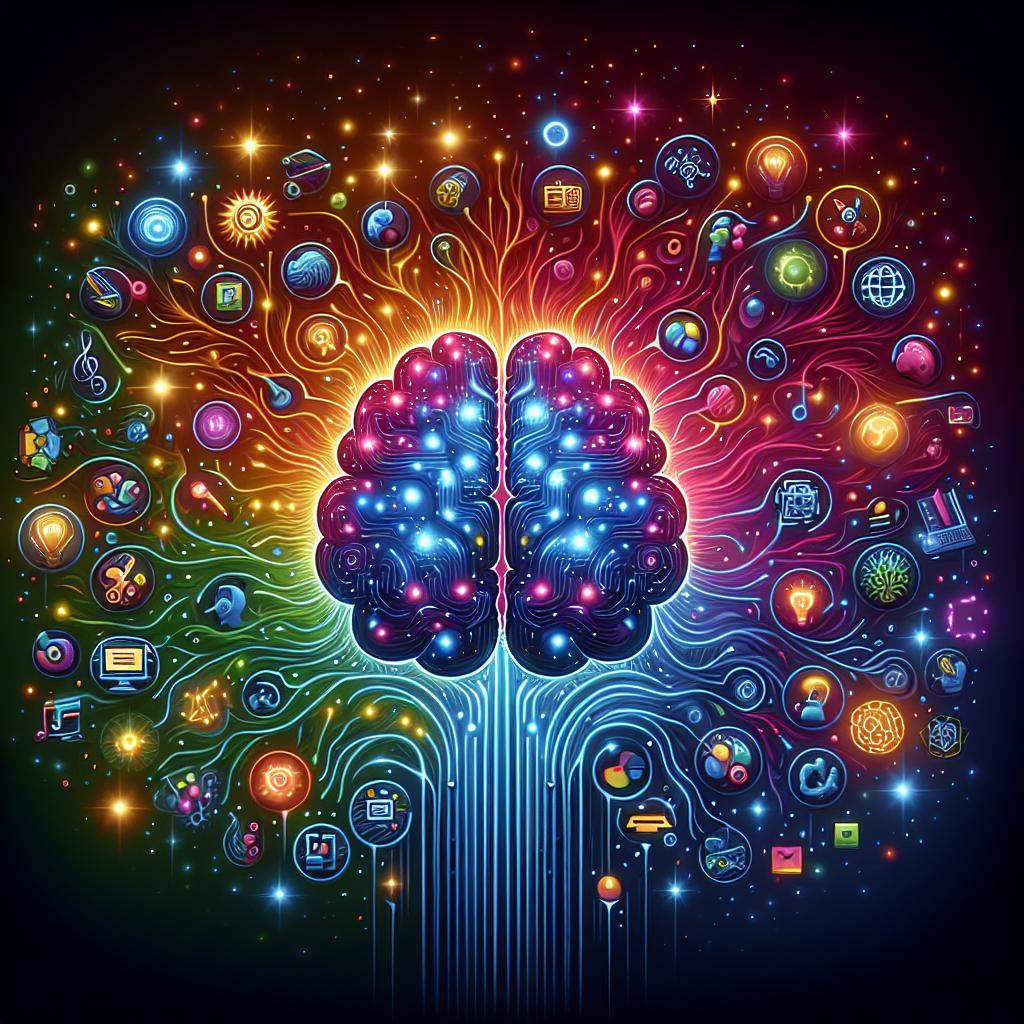
Introduction: Benefits of Learning New Skills
Learning new skills is not only a gateway to personal and professional growth but also a vital exercise for our brains. Engaging in new activities fosters curiosity, enhances creativity, and opens up new opportunities. In a world that is constantly evolving, the ability to learn and adapt has become increasingly important. The benefits extend beyond practicality; they also contribute significantly to our overall mental and emotional well-being.
How the Brain Adapts Through Neuroplasticity
At the heart of our capacity to learn is a phenomenon known as neuroplasticity. This is the brain’s ability to reorganize itself by forming new neural connections throughout life. When we learn something new, our brain creates pathways that enable us to process and retain information more effectively. Neuroplasticity is particularly prominent in early life but continues into adulthood, allowing for ongoing learning and adaptation. This adaptability means that regardless of age, the brain remains capable of growth and change, promoting resilience and cognitive flexibility.
Cognitive Improvements: Memory and Focus Boost
Engaging in new skill acquisition often leads to significant cognitive improvements. Studies have shown that learning enhances memory, attention span, and overall cognitive function. When we challenge our brains, we stimulate the production of neurotransmitters, which promote better communication between neurons. This can result in improved concentration and enhanced problem-solving abilities. Moreover, complex tasks requiring skill development have been shown to strengthen areas of the brain associated with memory, thus fostering long-term cognitive health.
Emotional Benefits: Reducing Stress, Increasing Happiness
Beyond cognitive enhancements, learning new skills can also have profound emotional benefits. Engaging in creative processes or mastering a new skill can serve as a natural stress reliever, allowing individuals to focus their minds on a rewarding activity rather than stressors. This engagement leads to the release of dopamine, the “feel-good” neurotransmitter, which can boost mood and feelings of happiness. Additionally, achieving new competencies fosters a sense of accomplishment and self-efficacy, further enhancing emotional well-being.
Practical Tips for Effective Skill Acquisition
To maximize the benefits of learning new skills, consider these practical tips:
1. Set Clear Goals: Define what you want to achieve and establish specific, measurable targets.
2. Create a Schedule: Dedicate regular time for practice; consistency is key to retention.
3. Engage in Deliberate Practice: Focus on challenging aspects of the skill, pushing your comfort zone.
4. Seek Feedback: Constructive criticism can help you refine your skills and stay motivated.
5. Stay Curious: Approach learning with an open mind and a willingness to explore and experiment.
6. Reflect on Progress: Regularly assess what you’ve learned, as reflection reinforces understanding.
Long-Term Impact on Brain Health and Aging
The long-term impact of learning new skills on brain health is substantial. Studies suggest that individuals who engage in lifelong learning are less likely to experience mental decline as they age. Continuous learning can act as a protective factor against neurodegenerative diseases such as Alzheimer’s and dementia. Moreover, a vibrant mind cultivated by skill development may lead to an enhanced quality of life, promoting greater independence and better emotional resilience in later years.
In conclusion, learning new skills offers a multitude of advantages that enrich both cognitive and emotional domains of our lives. Embracing the journey of lifelong learning is an investment in our future, promoting brain health and overall well-being as we navigate the complexities of life.


